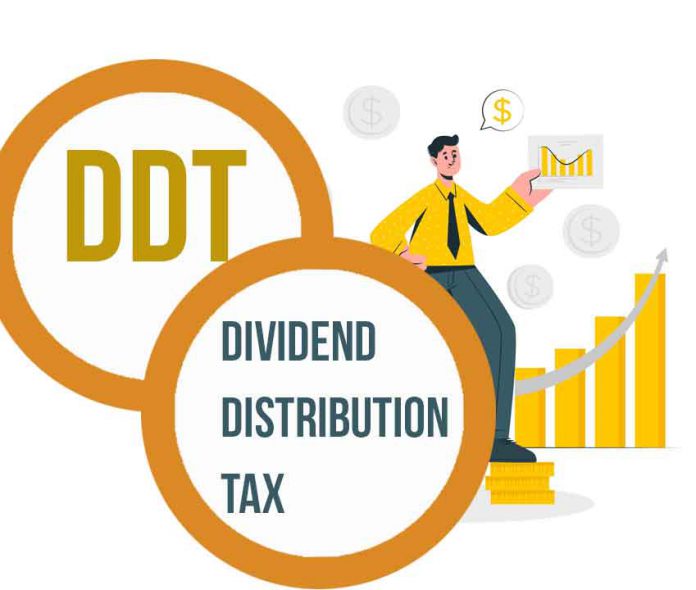When a company makes a good profit in a particular year, they distribute parts of this profit to its shareholders, known as dividends. It is usually distributed to equity shareholders. When dividends are shared with shareholders it is generally treated as income, which is why it also attracts income tax.
But to provide some relief to such individual taxpayers, the Indian income tax law exempts the income earned by dividing it to a certain extent. The primary reason for the individual exemption is the Dividend Distribution Tax (DDT) which is levied on companies paying dividends. This exemption helps the individual taxpayer avoid double taxation of the same income, first in the hands of the company and second in the hands of the shareholders who receive dividends as income from other sources. However, an additional tax is levied if the shareholder receives more than 10 lakhs of income in the financial year as dividend income.
Dividend Distribution Tax (DDT) provisions are authorized and governed under Section 115-O of the Income Tax Act.
Dividend Distribution Tax (DDT)
DDT was first introduced in 1997 @7.5% by the Indian tax authorities in an effort to collect efficient taxes and avoid the problem of double taxation. As per Section 115O, any Indian enterprise or company which declares or distributes dividends to its shareholder is required to pay DDT at the rate of 15 per cent on the gross dividend amount. Consequently, the effective DDT rate on the amount of dividend is up to @ 17.65%.
As this rate excludes surcharge and cess, therefore after incorporating surcharge and cess the DDT comes to an effective rate of 20.56 per cent.
Let us understand the computation of DDT on the dividend of INR 1,00,000
Suppose the domestic company ABC Limited has declared a dividend of Rs 1,00,000.
- Calculate on gross dividend amount: 1,00,000 x 17.65% = Rs 17,650
- Add gross dividend amount of Rs 1,00,000 with the above-calculated amount: 1,00,000 + 17,650 = Rs 1,17,650
- Calculate DDT @15% on Rs 1,17,650
1,17,650 x 15% = Rs 17,647
The DDT on Rs 1,00,000/- will settle at Rs 17,647.
When to pay DDT?
Domestic companies or firms are required to pay DDT within 14 days of declaration or payment of dividend, whichever is earlier. If the company or firms fail to pay DDT to the department within 2 weeks, the tax authorities can impose a penalty under section 271C and interest liability can be recovered at the rate of 1% of DDT liability. All governing provisions are contained under Section 115P of Income Tax Act.
DDT on Mutual Funds
- DDT on debt funds is at the rate of 25%.
- DDT on Equity funds was introduced in the Budget of 2018 at the rate of 10%.
- All dividends received by the investor are exempt for a certain limit.








































